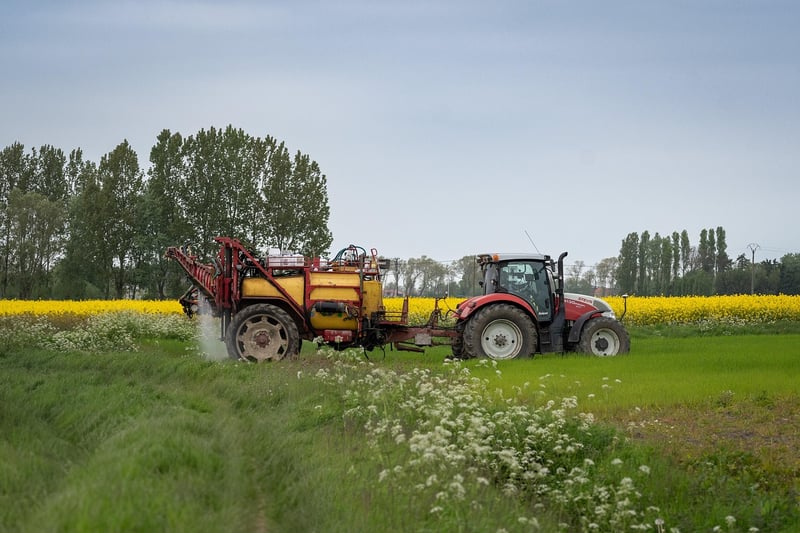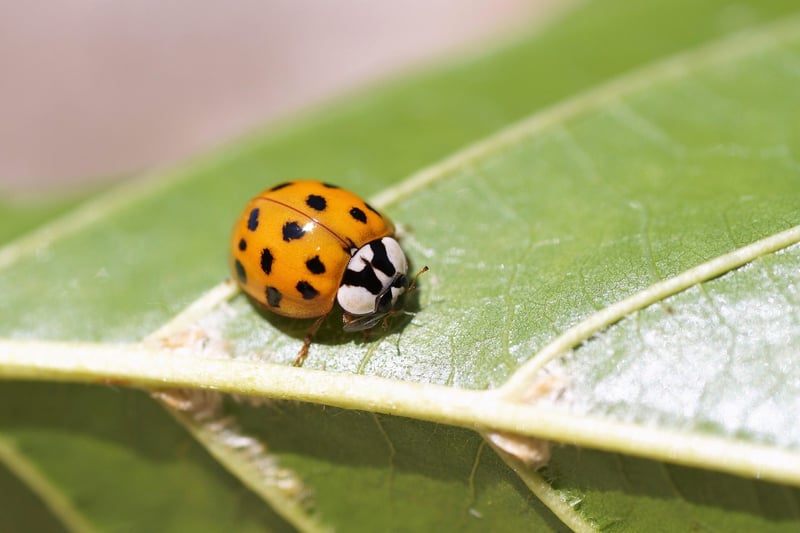Pest Control
Tips for Healthy Plants and Pest Control
Introduction
Having healthy plants is a goal for every gardener or plant enthusiast. However, maintaining their health can be a challenge, especially when dealing with pests. In this article, we will provide you with essential tips for keeping your plants healthy and effective pest control methods to ensure your green friends thrive.
Tips for Healthy Plants
1. Proper Watering
Water your plants appropriately based on their specific needs. Overwatering or underwatering can lead to various health issues in plants.
2. Adequate Sunlight
Ensure your plants receive sufficient sunlight based on their light requirements. Different plants have different needs, so it's essential to place them in the right spot.
3. Nutrient-Rich Soil
Use high-quality soil or add fertilizers to provide essential nutrients to your plants. Healthy soil promotes healthy plant growth.
4. Regular Pruning
Trimming dead leaves and stems helps plants focus their energy on healthy growth. It also prevents the spread of diseases.
5. Monitor Plant Health
Regularly check your plants for any signs of distress, such as discoloration, wilting, or pest infestations. Early detection can help prevent further damage.
Pest Control
1. Natural Predators
Introduce beneficial insects like ladybugs or praying mantises that feed on common plant pests. They can help keep pest populations in check.
2. Neem Oil
Neem oil is a natural insecticide that can effectively control a wide range of pests without harming beneficial insects. Dilute as per instructions and apply as needed.
3. Homemade Remedies
Make your own pest control sprays using ingredients like garlic, pepper, or soap. These homemade remedies can help deter pests from attacking your plants.
4. Companion Planting
Planting certain species together can help repel pests. For example, marigolds can deter nematodes, while basil can repel mosquitoes and flies.
5. Regular Inspections
Inspect your plants regularly for any signs of pest infestations. Early intervention is key to preventing pests from causing extensive damage.
Conclusion
By following these tips for maintaining healthy plants and implementing effective pest control measures, you can enjoy a thriving garden or indoor plant collection. Remember that prevention and early intervention are crucial in keeping your plants in top condition.


